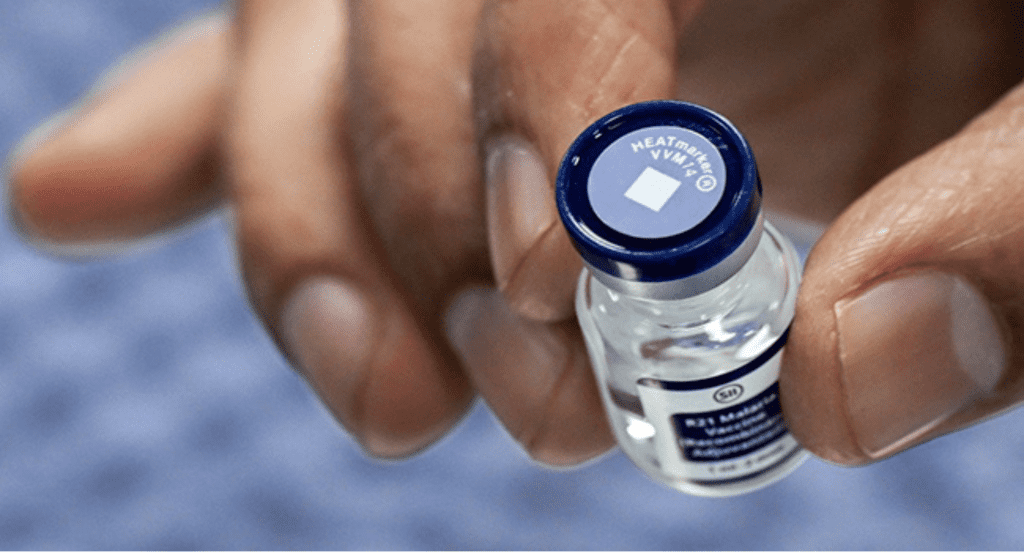The Federal Government of Nigeria has officially introduced the malaria vaccine into the country’s routine immunization schedule, marking a significant step in combating one of Africa’s deadliest diseases. The rollout is part of a national strategy to reduce malaria-related deaths, particularly among children under five, who are the most vulnerable to the disease.
The vaccine, RTS,S/AS01, also known as Matrix – M, is the first malaria vaccine to receive approval from the World Health Organization (WHO). It has been shown to provide partial protection against malaria caused by Plasmodium falciparum, the most lethal strain of the malaria parasite. Clinical trials and pilot programs conducted in several African countries, including Ghana and Kenya, have demonstrated its effectiveness in reducing severe malaria cases by nearly 30%.
Speaking during the launch, Dr. Faisal Shuaib, Executive Director of the National Primary Health Care Development Agency (NPHCDA), highlighted that the vaccine will initially target children in selected high-burden states before expanding nationwide. The introduction is being supported by international organizations such as WHO and UNICEF, which are collaborating with Nigeria to strengthen healthcare infrastructure and ensure vaccine availability.
Malaria remains a leading cause of death in Nigeria, with over 200,000 deaths annually, according to the WHO. It accounts for an estimated 27% of global malaria cases and 32% of deaths worldwide. The economic impact is equally devastating, costing the nation billions in healthcare expenses and lost productivity each year.
However, experts have cautioned that while the malaria vaccine is a milestone, it is not a standalone solution. They emphasize that existing prevention measures such as insecticide-treated nets, indoor residual spraying, and prompt treatment must continue alongside vaccination efforts.
The introduction of the vaccine is expected to bolster Nigeria’s ongoing fight against malaria, as the government aims to achieve a significant reduction in cases by 2030. Community health workers and advocacy groups have been mobilized to raise awareness and address vaccine hesitancy, ensuring that parents understand the vaccine’s importance in protecting their children.
With Nigeria being the largest contributor to global malaria mortality, this initiative marks a historic effort to turn the tide against the disease. The government’s commitment to integrating the vaccine into the routine immunization schedule reflects a broader strategy to enhance public health outcomes and reduce the disease burden.























